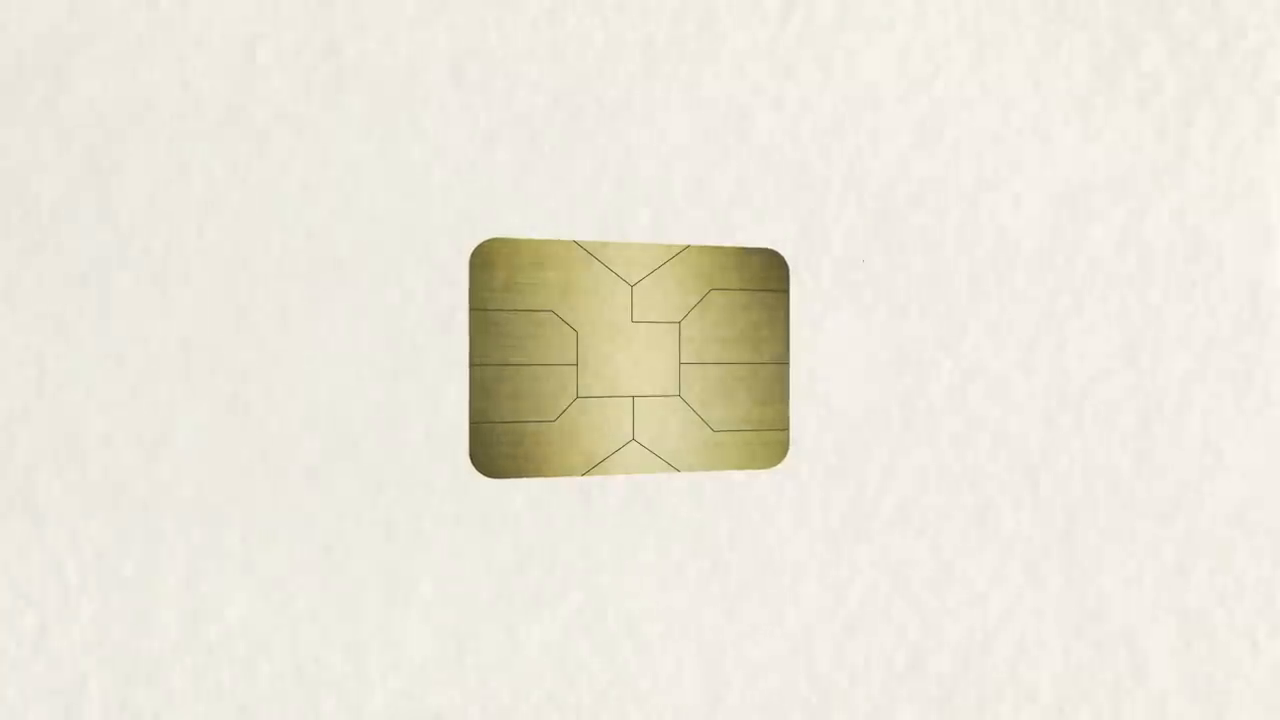how to protect yourself from being hacked
In this digital age, it's becoming increasingly important to protect ourselves from cyber attacks and hacking attempts. With the rise of technology, hackers have become more sophisticated and cunning in their methods, making it easier for them to gain access to our personal information and devices. In this article, we'll explore the ways in which hackers can gain access to our devices and personal information, and more importantly, we'll provide you with solutions to protect yourself from these types of attacks.
Fake Wi-Fi Networks
One of the most common ways hackers gain access to our devices is through fake Wi-Fi networks. These networks are set up by hackers to look legitimate, but are actually a way for them to gain access to your device and steal your personal information. According to ethical hacker Ryan Montgomery, these networks can be set up in public places such as cafes, airports, and even airplanes.
 Fake Wi-Fi Networks are a common way for hackers to gain access to your device.
Fake Wi-Fi Networks are a common way for hackers to gain access to your device.
Man-in-the-Middle Attacks
Another way hackers gain access to our devices is through man-in-the-middle attacks. This is when a hacker intercepts communication between two parties, allowing them to steal personal information and passwords. This type of attack can happen in places where public Wi-Fi is used, such as coffee shops and airports.
 Hackers can intercept communication between two parties, allowing them to steal personal information and passwords.
Hackers can intercept communication between two parties, allowing them to steal personal information and passwords.
Data Collection
Data collection is a big business, and hackers are keen to get their hands on as much of it as possible. They use this data to sell to companies, who then use it to target advertising at individuals. This is why it's so important to be careful about what we share online and to use strong passwords and antivirus software.
 Hackers collect data to sell to companies, who then use it to target advertising at individuals.
Hackers collect data to sell to companies, who then use it to target advertising at individuals.
Solutions to Protect Yourself
So, how can you protect yourself from these types of attacks? Here are a few solutions:
- Use a password manager: A password manager can help you generate and store strong, unique passwords for each of your online accounts.
- Install antivirus software: Antivirus software can help protect your device from malware and other types of cyber attacks.
- Use an RFID blocking wallet: An RFID blocking wallet can help protect your credit cards and other personal information from being stolen.
- Be cautious about the websites you visit: If your browser warns you that a site looks unsafe, it's probably best to avoid it.
- Stay up to date with software updates: Keeping your software up to date can help protect you from known vulnerabilities that hackers can exploit.
 By taking these precautions, you can help protect yourself from cyber attacks and hacking attempts.
By taking these precautions, you can help protect yourself from cyber attacks and hacking attempts.
In conclusion, protecting yourself from cyber attacks and hacking attempts requires a combination of common sense, strong passwords, and antivirus software. By being aware of the ways in which hackers can gain access to your device and personal information, you can take steps to protect yourself and stay safe online.
